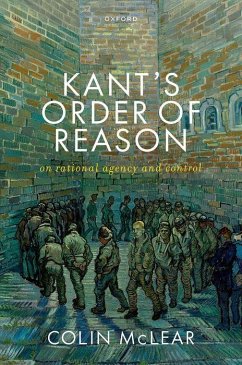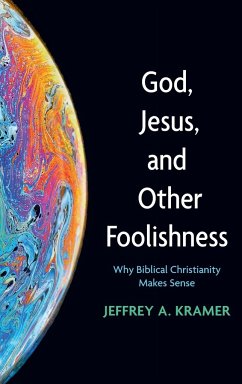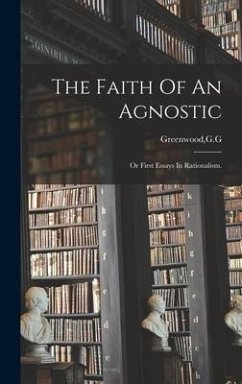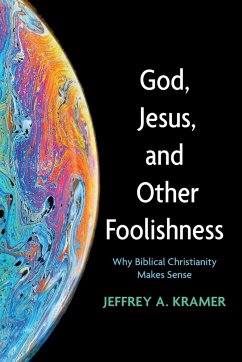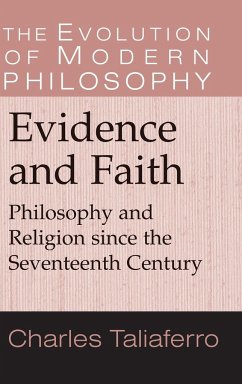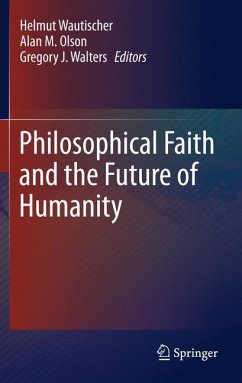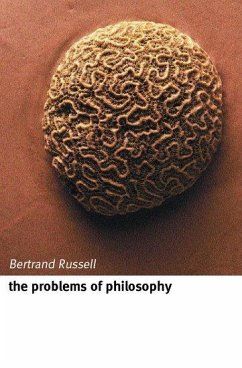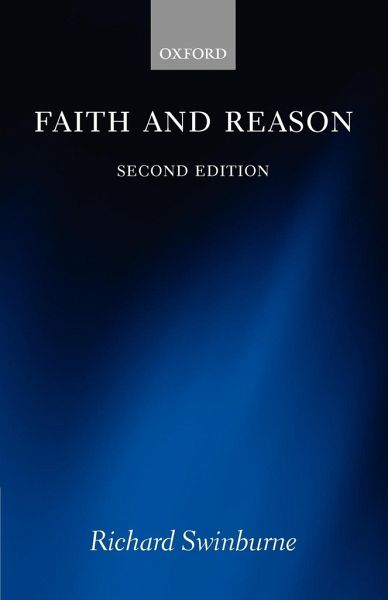
Faith and Reason

PAYBACK Punkte
30 °P sammeln!
Richard Swinburne presents a new edition of the final volume of his acclaimed trilogy on philosophical theology. Faith and Reason is a self-standing examination of the implications for religious faith of Swinburne's famous arguments about the coherence of theism and the existence of God.By practising a particular religion, a person seeks to achieve some or all of three goals - that he worships and obeys God, gains salvation for himself, and helps others to attain their salvation. But not all religions commend worship, and different religions have different conceptions of salvation. Faced with ...
Richard Swinburne presents a new edition of the final volume of his acclaimed trilogy on philosophical theology. Faith and Reason is a self-standing examination of the implications for religious faith of Swinburne's famous arguments about the coherence of theism and the existence of God.
By practising a particular religion, a person seeks to achieve some or all of three goals - that he worships and obeys God, gains salvation for himself, and helps others to attain their salvation. But not all religions commend worship, and different religions have different conceptions of salvation. Faced with these differences, Richard Swinburne argues that we should practice that religion which has the best goals and is more probably true than the creeds of other religions. He proposes
criteria by which to determine the probabilities of different religious creeds, and he argues that, while requiring total commitment, faith does not demand fully convinced belief.
While maintaining the same structure and conclusions as the original classic, this second edition has been substantially rewritten, both in order to relate its ideas more closely to those of classical theologians and philosophers and to respond to more recent views. In particular he discusses, and ultimately rejects, the view of Alvin Plantinga that the 'warrant' of a belief depends on the process which produced it, and John Hick's contention that all religions offer valid paths to salvation.
By practising a particular religion, a person seeks to achieve some or all of three goals - that he worships and obeys God, gains salvation for himself, and helps others to attain their salvation. But not all religions commend worship, and different religions have different conceptions of salvation. Faced with these differences, Richard Swinburne argues that we should practice that religion which has the best goals and is more probably true than the creeds of other religions. He proposes
criteria by which to determine the probabilities of different religious creeds, and he argues that, while requiring total commitment, faith does not demand fully convinced belief.
While maintaining the same structure and conclusions as the original classic, this second edition has been substantially rewritten, both in order to relate its ideas more closely to those of classical theologians and philosophers and to respond to more recent views. In particular he discusses, and ultimately rejects, the view of Alvin Plantinga that the 'warrant' of a belief depends on the process which produced it, and John Hick's contention that all religions offer valid paths to salvation.



